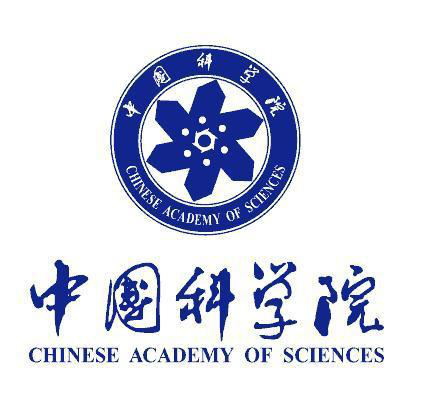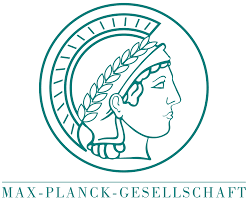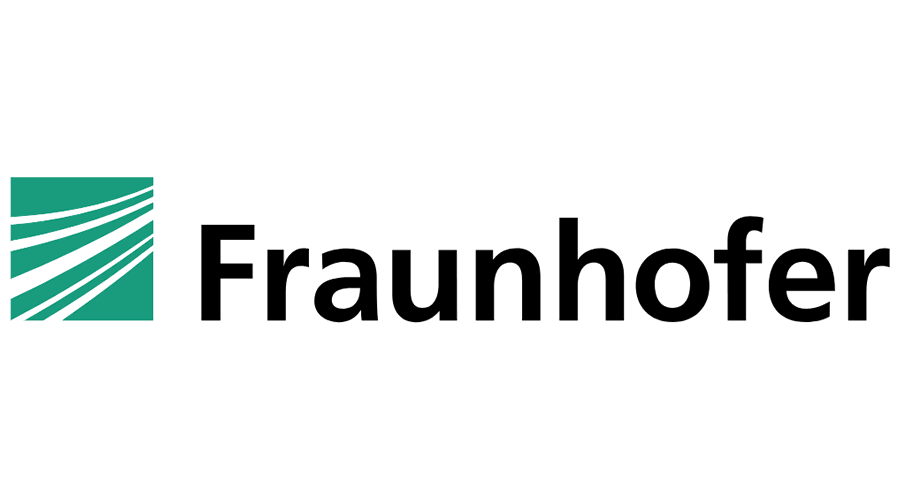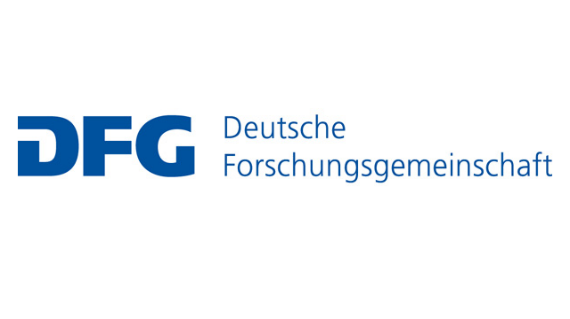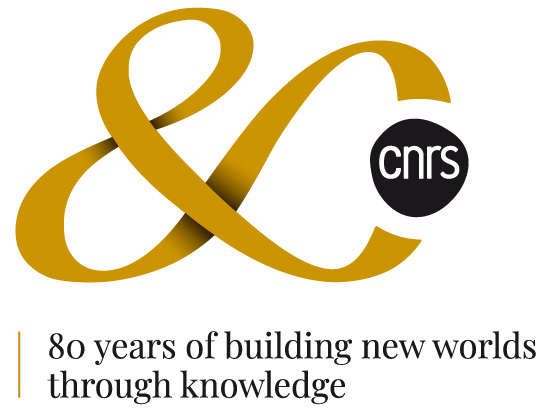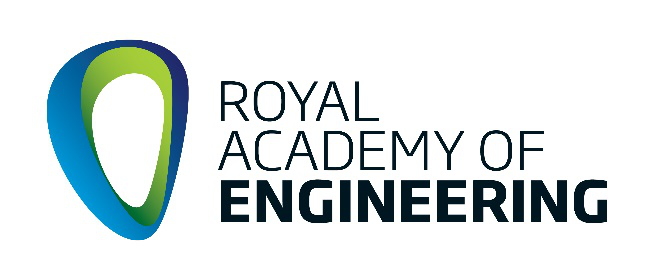Pectin Matrix as Oral Drug Delivery Vehicle for Colon Cancer Treatment
Colon cancer is the fourth most common cancer globally with 639,000 deaths reported annually. Typical chemotherapy is provided by injection route to reduce tumor growth and metastasis. Recent research investigates the oral delivery profiles of chemotherapeutic agents. In comparison to injection, oral administration of drugs in the form of a colon-specific delivery system is expected to increase drug bioavailability at target site, reduce drug dose and systemic adverse effects. Pectin is suitable for use as colon-specific drug delivery vehicle as it is selectively digested by colonic microflora to release drug with minimal degradation in upper gastrointestinal tract. The present review examines the physicochemical attributes of formulation needed to retard drug release of pectin matrix prior to its arrival at colon, and evaluate the therapeutic value of pectin matrix in association with colon cancer. The review suggests that multi-particulate calcium pectinate matrix is an ideal carrier to orally deliver drugs for site-specific treatment of colon cancer as (1) crosslinking of pectin by calcium ions in a matrix negates drug release in upper gastrointestinal tract, (2) multi-particulate carrier has a slower transit and a higher contact time for drug action in colon than single-unit dosage form, and (3) both pectin and calcium have an indication to reduce the severity of colon cancer from the implication of diet and molecular biology studies. Pectin matrix demonstrates dual advantages as drug carrier and therapeutic for use in treatment of colon cancer.





